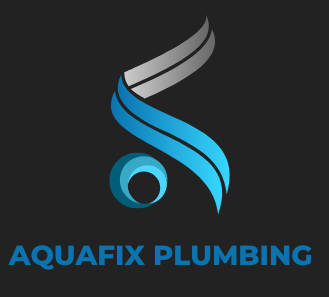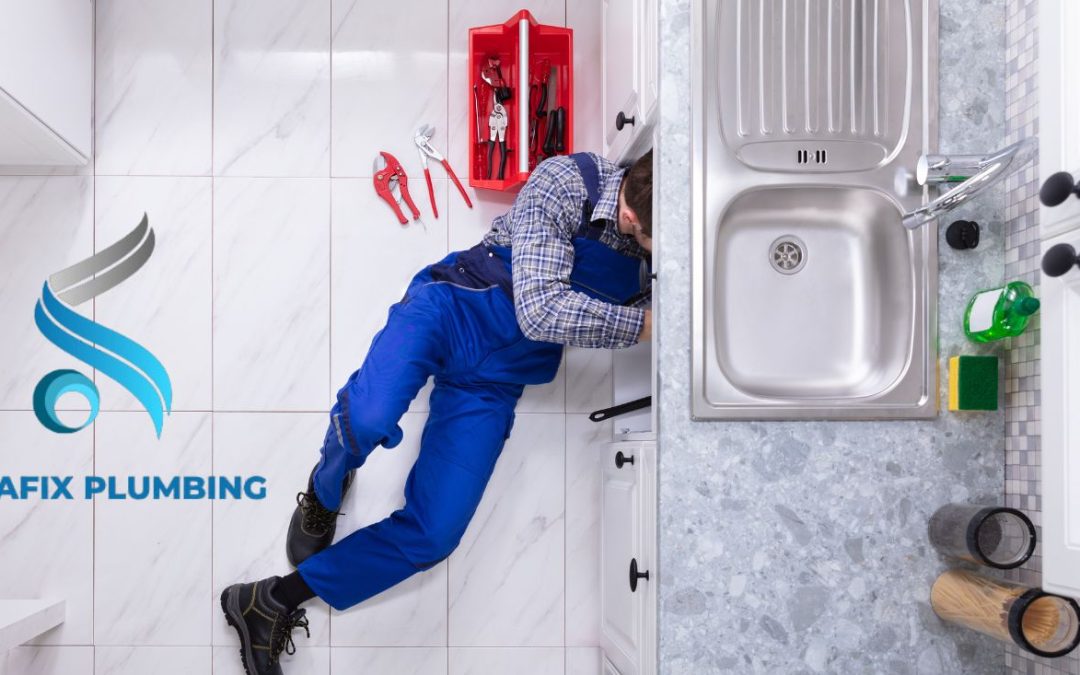Professional drain maintenance in Durban
No one wants to deal with a clogged drain. It’s messy, inconvenient, and can even lead to costly repairs. But did you know that many drain clogs are preventable? That’s right! With a little preventive drain maintenance, you can keep your drains flowing freely and avoid those dreaded plumbing emergencies.
Why is Preventive Drain Maintenance Important?
Think of your drains like the arteries of your home’s plumbing system. Just as clogged arteries can cause health problems, clogged drains disrupt your plumbing. Preventive maintenance is like a healthy diet and exercise for your drains, ensuring everything runs smoothly.
Over time, drains accumulate buildup from hair, soap scum, grease, food particles, and other debris. This gunk clings to pipe walls, gradually reducing water flow. Eventually, this leads to clogs, slow drainage, and even unpleasant odors.
Preventive drain maintenance tackles this buildup before it becomes a problem. This not only prevents clogs but also:
- Saves you money: Addressing minor issues early can prevent major plumbing repairs down the line.
- Protects your home: Overflowing drains can cause water damage to floors, walls, and ceilings.
- Safeguards your health: Clogged drains can harbor bacteria and mold, impacting indoor air quality.
Simple DIY Drain Maintenance Tips
You don’t need to be a plumber to practice good drain maintenance. Here are some simple things you can do at home:
- Flush with hot water: After each use, flush your drains with hot water for a few minutes. This helps to melt away grease and soap residue.
- Invest in a strainer: Use strainers in your kitchen and bathroom sinks to catch hair, food scraps, and other debris before they enter the drain.
- Be mindful of what you put down the drain: Avoid pouring grease, oil, coffee grounds, or food scraps down the drain. Dispose of these in the trash or compost instead.
- Clean drains regularly: Once a week, clean your drains with a mixture of baking soda and vinegar. This natural solution helps to break down buildup and deodorize your drains.
- Avoid harsh chemical drain cleaners: These products can damage your pipes over time. Opt for natural solutions or call a plumber for tough clogs.
When to Call a Professional Plumber
While DIY maintenance is helpful, sometimes you need a professional touch. These are the signs it’s time to call a plumber for drain cleaning:
- Slow drains: If water is draining slowly from multiple fixtures, it could indicate a deeper clog in your main sewer line.
- Recurring clogs: If you’re constantly dealing with clogs, even after trying DIY methods, there may be a more serious underlying issue.
- Gurgling sounds: Gurgling sounds from your drains can be a sign of trapped air or a blockage.
- Foul odors: Persistent unpleasant odors from your drains could indicate a buildup of bacteria or sewage.
- Sewage backup: This is a serious plumbing emergency that requires immediate professional attention.
Professional Preventive Drain Maintenance Services
Plumbers offer various preventive drain maintenance services to keep your plumbing system in top shape. These services often include:
- Professional drain cleaning: Plumbers use specialized tools like drain snakes and hydro jetting to thoroughly clean your drains and remove stubborn clogs.
- Video camera inspection: This allows plumbers to visually inspect the inside of your pipes, identify potential problems, and determine the best course of action.
- Pipe descaling: This process removes mineral buildup from your pipes, improving water flow and preventing corrosion.
- Sewer line cleaning: This helps to prevent clogs and backups in your main sewer line.
Benefits of Regular Professional Drain Cleaning
Investing in regular professional drain cleaning offers several benefits:
- Thorough cleaning: Plumbers have the tools and expertise to reach deep into your pipes and remove all buildup, this will make sure you have optimal water flow.
- Early problem detection: During inspections, plumbers can identify potential issues like cracks, leaks, or corrosion before they become major problems.
- Extended pipe lifespan: Regular cleaning and maintenance can help to prolong the life of your pipes.
- Improved efficiency: Clean drains improve the overall efficiency of your plumbing system, saving you water and energy.
- Peace of mind: Knowing your drains are in good hands gives you peace of mind and helps you avoid unexpected plumbing emergencies.
Choosing the Right Plumbing Service
When selecting a plumbing service for preventive drain maintenance, consider the following factors:
- Experience and reputation: Choose a company with a proven track record of providing quality service.
- Licensing and insurance: Ensure the company is properly licensed and insured.
- Upfront pricing: Get a clear estimate of the cost before any work begins.
- Guarantees: Look for companies that offer guarantees on their work.
- Customer service: Choose a company that is responsive and committed to customer satisfaction.
Making Preventive Drain Maintenance a Priority
Don’t wait for a plumbing disaster to strike. Make preventive drain maintenance a priority in your home. By following the tips above and scheduling regular professional service, you can keep your drains flowing freely, protect your home, and enjoy peace of mind. Remember, an ounce of prevention is worth a pound of cure when it comes to your plumbing system.
What are the most common causes of blocked drains in Durban?
Drain blockages are a prevalent issue in Durban, often stemming from a combination of factors. Some of the most frequent culprits include:
- Hair Accumulation: Hair, particularly in bathroom drains, can intertwine with soap scum, forming a stubborn obstruction.
- Grease Buildup: Fats, oils, and grease solidify within pipes, trapping other debris and leading to blockages, especially in kitchen drains.
- Foreign Objects: Items such as children’s toys, cotton buds, and sanitary products can lodge in pipes, causing significant blockages.
- Invasive Tree Roots: Tree roots can infiltrate pipes, leading to cracks and blockages, a common problem in areas with older sewer systems.
- Food Waste Accumulation: Even with garbage disposals, certain food scraps like rice, pasta, and coffee grounds can contribute to drain blockages.
How can I identify a blocked drain?
Several indicators can signal a potential drain blockage:
- Slow Drainage: If water drains more slowly than usual from your sink, shower, or bathtub, it may indicate a partial blockage.
- Gurgling Sounds: Unusual gurgling noises emanating from your drains can suggest trapped air due to a blockage.
- Foul Odors: Unpleasant smells from your drains often point to a buildup of organic matter causing a blockage.
- Water Backup: Water backing up into your sink, shower, or toilet signifies a significant blockage requiring immediate attention.


Recent Comments